Amygdala
Recent articles
Engrams in amygdala lean on astrocytes to solidify memories
Disrupting the astrocyte-neuronal dynamic in mice destabilizes their memory of fear conditioning.
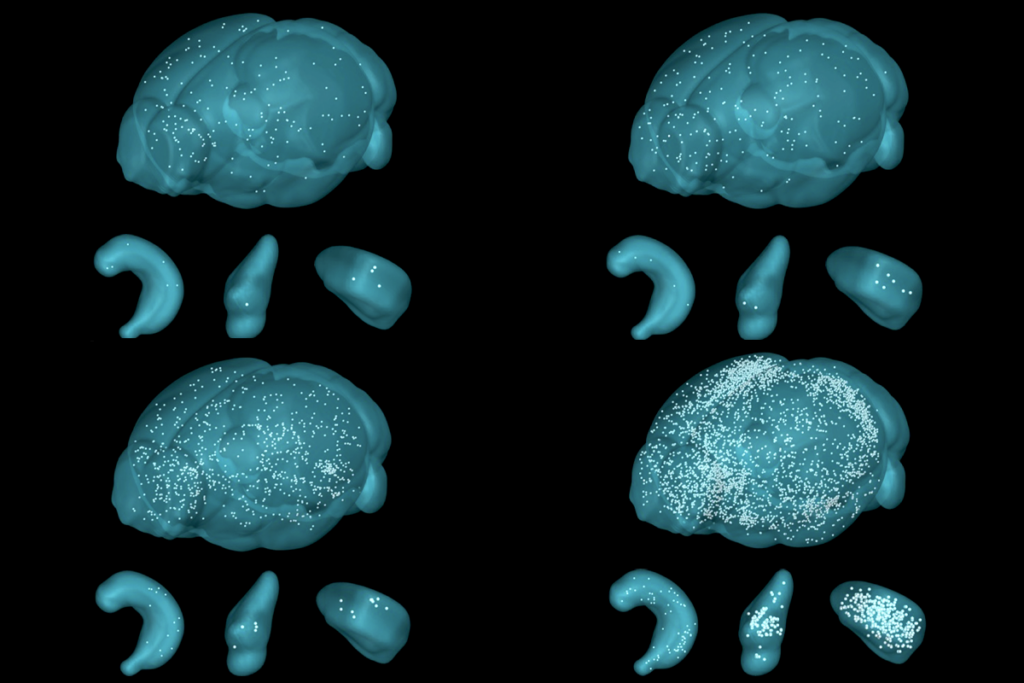
Engrams in amygdala lean on astrocytes to solidify memories
Disrupting the astrocyte-neuronal dynamic in mice destabilizes their memory of fear conditioning.
Memory study sparks debate over statistical methods
Critics of a 2024 Nature paper suggest the authors failed to address the risk of false-positive findings. The authors argue more rigorous methods can result in missed leads.

Memory study sparks debate over statistical methods
Critics of a 2024 Nature paper suggest the authors failed to address the risk of false-positive findings. The authors argue more rigorous methods can result in missed leads.
Too much or too little brain synchrony may underlie autism subtypes
Functional connectivity differences in autism mouse models point to two subtypes that correspond to patterns seen in some people with the condition.

Too much or too little brain synchrony may underlie autism subtypes
Functional connectivity differences in autism mouse models point to two subtypes that correspond to patterns seen in some people with the condition.
Newfound gene network controls long-range connections between emotional, cognitive brain areas
The finding could help unravel gene regulatory networks and explain how genetic and environmental factors interact in neurodevelopmental conditions.
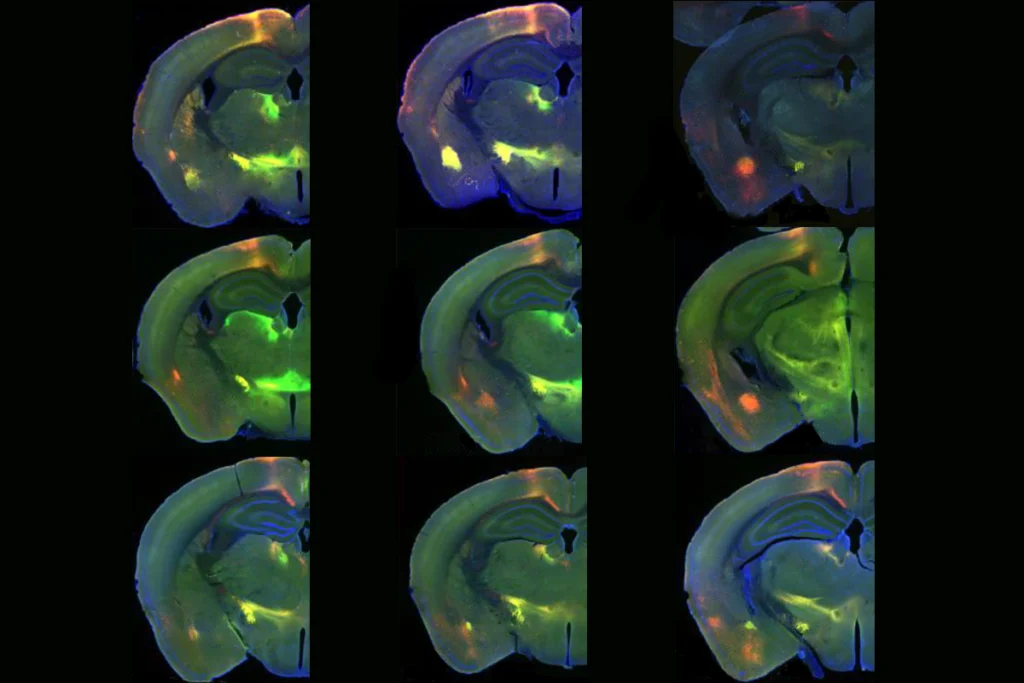
Newfound gene network controls long-range connections between emotional, cognitive brain areas
The finding could help unravel gene regulatory networks and explain how genetic and environmental factors interact in neurodevelopmental conditions.
Monkeys’ amygdala cells adapt to social status
The cells’ activity reflects social hierarchies and may enable flexible behavior.
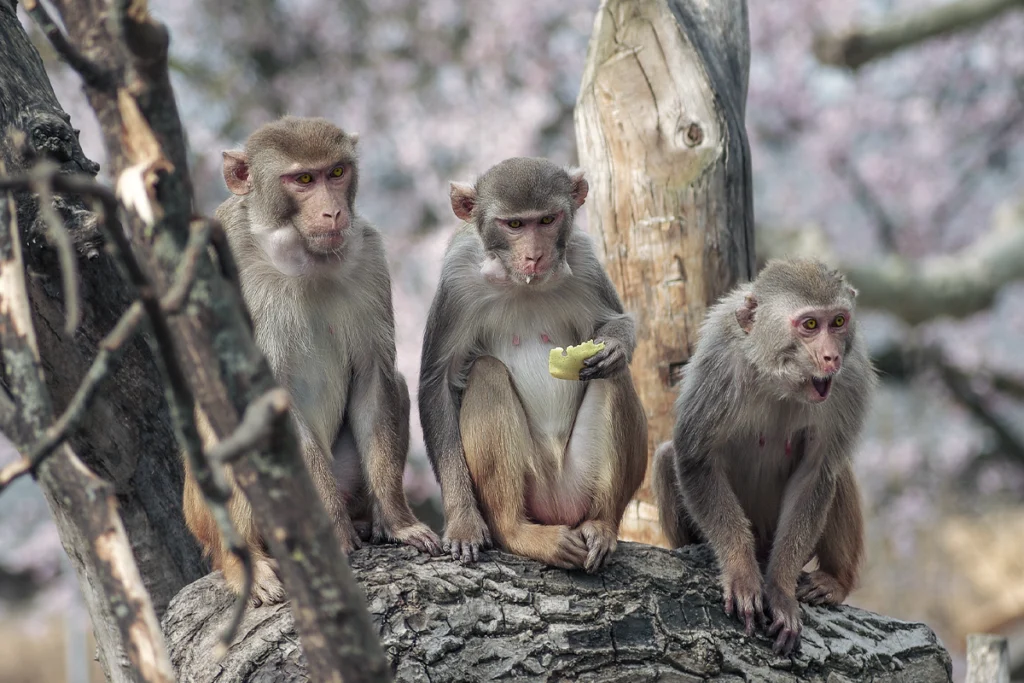
Monkeys’ amygdala cells adapt to social status
The cells’ activity reflects social hierarchies and may enable flexible behavior.
This paper changed my life: ‘Selective erasure of a fear memory’ from the Josselyn Lab
This groundbreaking 2009 paper set a foundation for the types of memories researchers could manipulate and inspired my own approach to science.
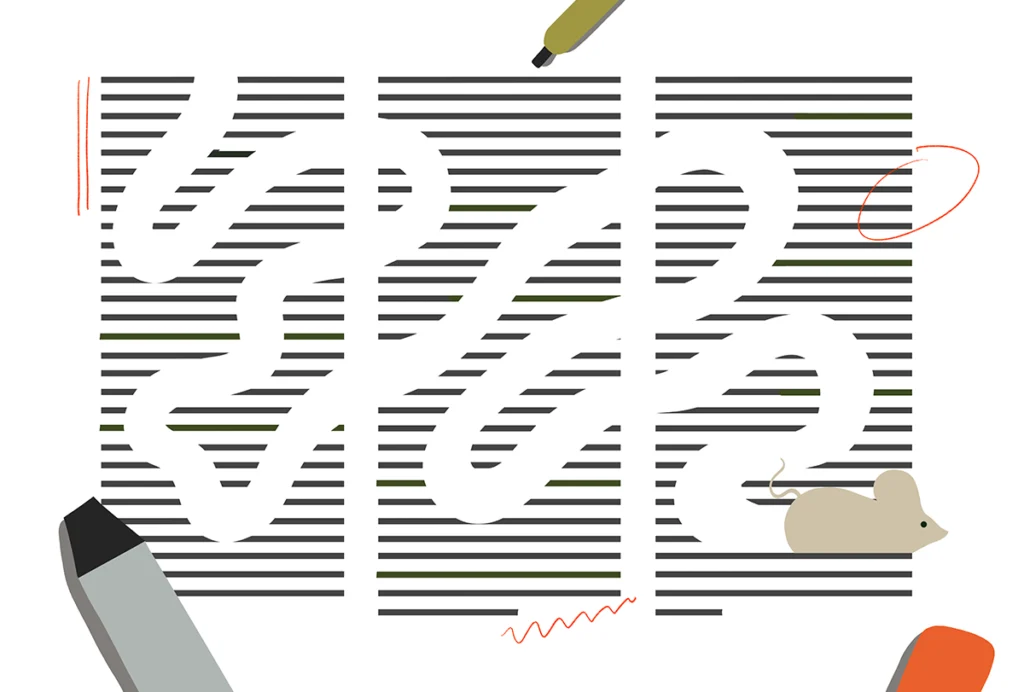
This paper changed my life: ‘Selective erasure of a fear memory’ from the Josselyn Lab
This groundbreaking 2009 paper set a foundation for the types of memories researchers could manipulate and inspired my own approach to science.
‘It must be something I ate’ is hard-wired into the brain
Feeling sick reactivates “novel flavor” neurons, according to a new study in mice, and points to a dedicated circuit for learning to avoid unsafe food.
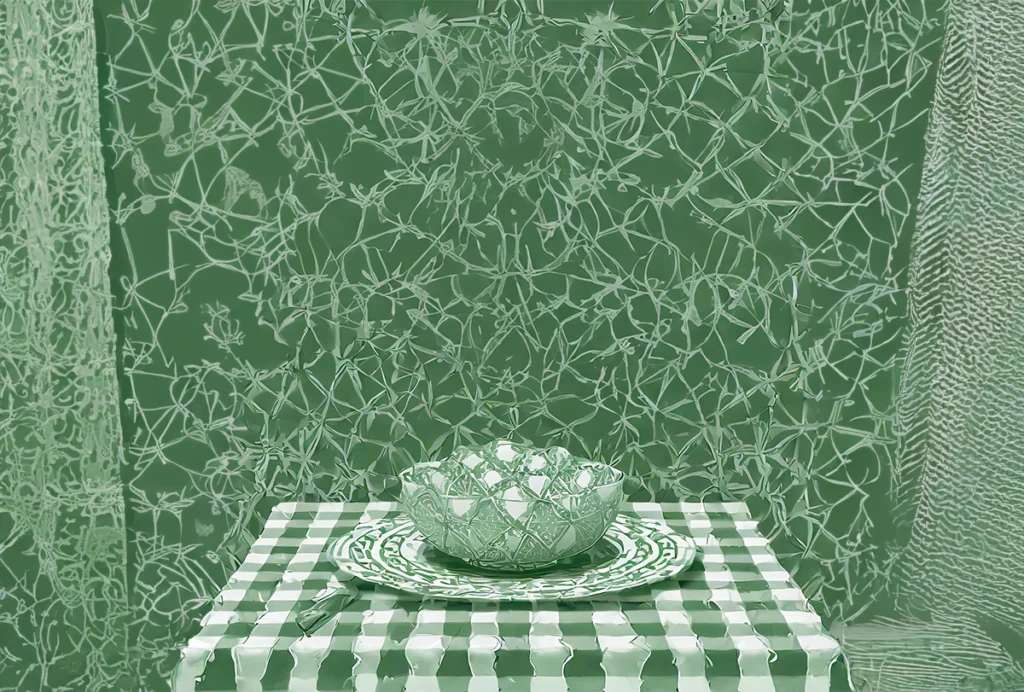
‘It must be something I ate’ is hard-wired into the brain
Feeling sick reactivates “novel flavor” neurons, according to a new study in mice, and points to a dedicated circuit for learning to avoid unsafe food.
Sheena Josselyn and memories lost, found and created
Her hunt for the engram opened a new avenue in memory research.

Sheena Josselyn and memories lost, found and created
Her hunt for the engram opened a new avenue in memory research.
On fashion in neuroscience: In defense of freezing behavior
Neuroscience experiments are moving toward the analysis of more complex behaviors, enabled by increasingly sophisticated tools. But we shouldn’t abandon simpler paradigms.
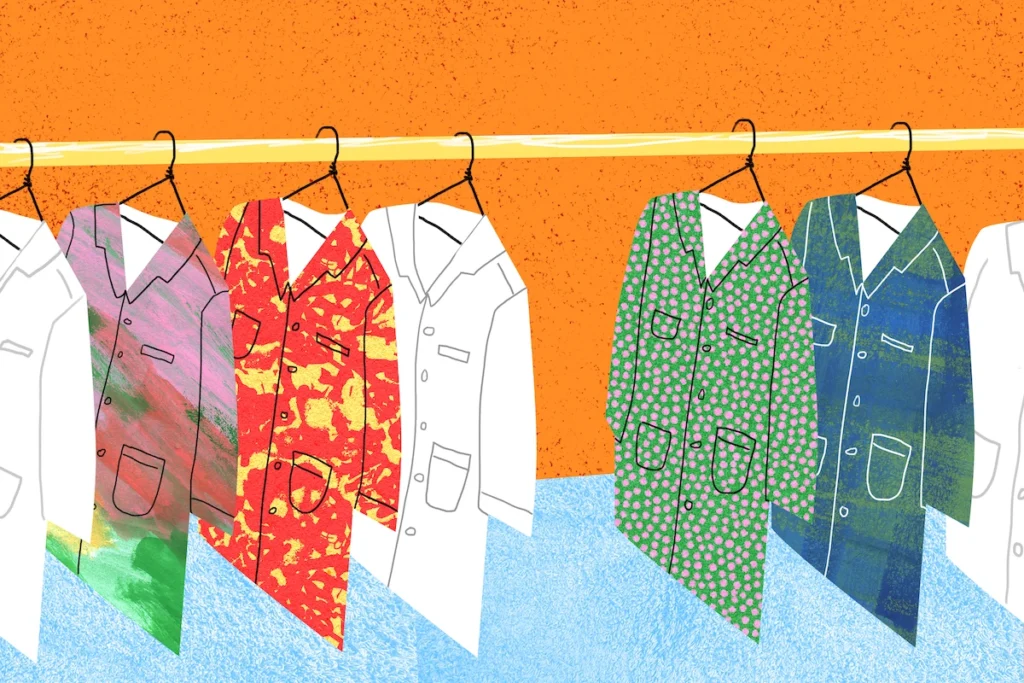
On fashion in neuroscience: In defense of freezing behavior
Neuroscience experiments are moving toward the analysis of more complex behaviors, enabled by increasingly sophisticated tools. But we shouldn’t abandon simpler paradigms.
‘Into the wild’: Moving studies of memory and learning out of the lab
People with electrodes embedded deep in their brain are collaborating with a growing posse of plucky researchers to uncover the mysteries of real-world recall.
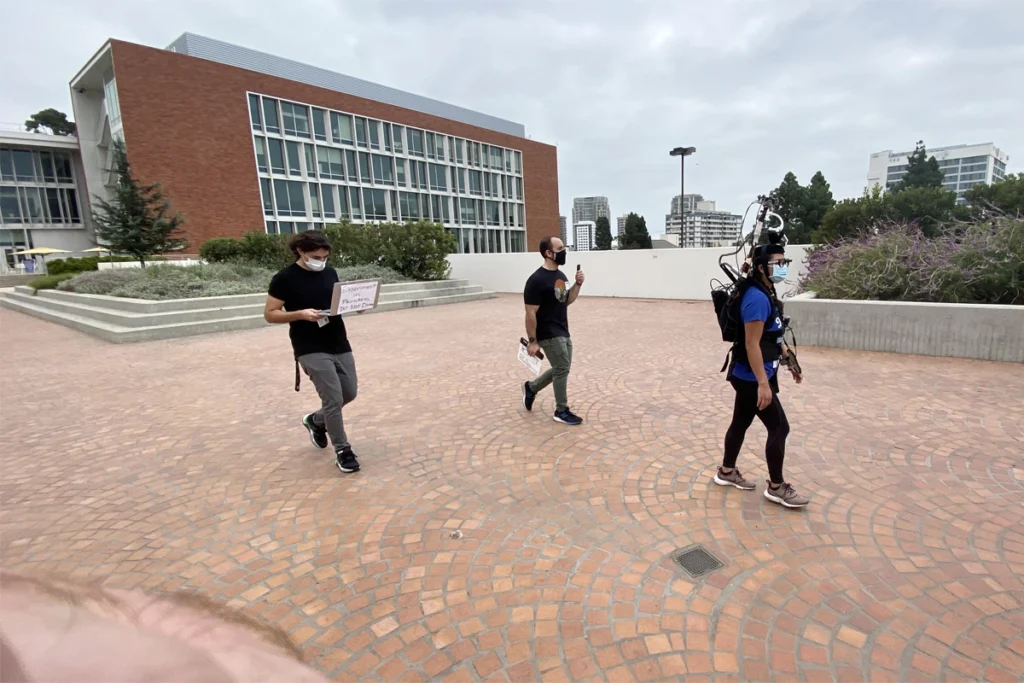
‘Into the wild’: Moving studies of memory and learning out of the lab
People with electrodes embedded deep in their brain are collaborating with a growing posse of plucky researchers to uncover the mysteries of real-world recall.
Explore more from The Transmitter
Frameshift: Raphe Bernier followed his heart out of academia, then made his way back again
After a clinical research career, an interlude at Apple and four months in early retirement, Raphe Bernier found joy in teaching.

Frameshift: Raphe Bernier followed his heart out of academia, then made his way back again
After a clinical research career, an interlude at Apple and four months in early retirement, Raphe Bernier found joy in teaching.
Organoid study reveals shared brain pathways across autism-linked variants
The genetic variants initially affect brain development in unique ways, but over time they converge on common molecular pathways.

Organoid study reveals shared brain pathways across autism-linked variants
The genetic variants initially affect brain development in unique ways, but over time they converge on common molecular pathways.
Single gene sways caregiving circuits, behavior in male mice
Brain levels of the agouti gene determine whether African striped mice are doting fathers—or infanticidal ones.

Single gene sways caregiving circuits, behavior in male mice
Brain levels of the agouti gene determine whether African striped mice are doting fathers—or infanticidal ones.